I am albino, white on the outside and rainbow on the inside. I am the soul who always sees the future as a blank page, one of choices and possibilities. Under this snowy hair there is only warmth, and these pink eyes are shade of baby soft roses. – Angela Caroline Abraham: Author, Philosopher & Founder of https://www.descriptionari.com/
When the child was a child,
It was the time for these questions:
Why am I me, and why not you?
Why am I here, and why not there?
Is life under the sun not just a dream?
Is what I see and hear and smell
not just the reflection of a world before the world?
How can it be that the I, who I am,
didn’t exist before I came to be,
and that, someday, the I who I am,
will no longer be who I am?
– Song of Childhood – Peter Handke – Austrian novelist and playwright.
Sandalwood, or Kannada Film Industry, lately has been throwing up a platoon of aspirational, young, talented filmmakers, who have sought to dare to dream. Take that leap of faith. These crop of bravehearts, seek to show that they are birds of a different feather. Have no qualms in treading the less taken path. Giving wings to their own idea and understanding of cinema and its aesthetics.
Of course, these talented lot, may be few and far between. Given that the industry almost disgorges as many as over 300 plus in a year, in regimental regularity, that are a pox when it comes to their merit as good, meaningful films.
However, these handful of young newbies, that light up the Sandalwood marquee, every once a while, with their delectable engagement with cinema, ensure there is still some sliver of hope left for the eighty-four year old industry that is starved of giving audiences films of quality, sensibility and value and above all, aesthetic merit.
Some have cut their teeth on their own drawing inspiration from the past masters. A few others assisted and mentored by their path breaker peers who are shining the beacon for these lot to follow in their luminous trail. Heartfully, these newbie experimenters, have not disappointed their mentors.Thereby warming the cockles of cinephiles in search of meaningful movies to watch and wax eloquence about.
In recent years, one has seen very many young film makers like Chidananda Naik, Sindhu Sreenivasa Murthy, Srinidhi Bengaluru, Jaishankar Aryar, Pratheek Pradosh, Shashank Soghal, Rahul PK, Abhilash Shetty, Sachin B. Ravi, Roopa Rao, Prithvi Konanur himself, the patron and producer of Mikka Bannada Hakki and the like, ensuring that all is not lost for Kannada cine audiences.
Joining the bandwagon of indie contingent with his promising debut feature is Manohara K, child actor turned film maker with his well meaning social drama Mikka Bannada Hakki (Bird of a Different Feather).
The film, which fetched the Asian Talent Best Actress Award for Jayashri who evocatively and expressively essays the role of the 12-year-old albino girl Sonia at the Shanghai International Film Festival, also has bagged the Spotlight Award at the Alternativa Film Awards & Festival 2024 held at Yogyakarta, Indonesia, besides the Best Feature Film Award at the Jordan Children’s Film Festival.
That young Manohara’s Mikka Bannada Hakki found favour with the jury despite the seasoned Pebbles director P S Vinothraj’s Kottukkalli (The Adamant Girl) also featuring at the festival, is to be appreciated and acknowledged.
The “nomadic” Alternativa Film Awards & Festival held in a different location every year is aimed at giving international visibility to filmmakers whose work has the potential to create social change. The festival this year focusing on films drawn from Asian and South East Asian countries in particular.
Manohara’s Mikka Bannada Hakki, which featured under the newly constituted Best Debut Indian Film category at the International Film Festival of India, in Goa, may have lost out to the Marathi film Gharat Ganpati, but seems to be winning laurels elsewhere outside. The other films in fray in the section being the Manipuri film Boong, Telugu film Razakar and the Malayalam film Thanupp.
With its tagline “The Future Is Now” the 55th IFFI has sought to “catch them young to identify and nurture young talent early on” and rightfully so, providing them an ideal platform to showcase their talents and skills with focus on “Young Filmmakers” in spotlight on the “fresh perspectives and innovative ideas brought by the next generation of creators.”
Be that may, according to AFAF24 Selection Committee Member, Film Scholar from Tajikistan Sharofat Arabova “the film (Mikka Bannada Hakki) is an intriguing blend of memoir and re-enacted scenes, where actors seem to forget they’re being filmed and simply live on screen. It features sincere observations of daily life in a documentary style, highlighting the struggles of people trying to make ends meet. The authenticity comes from the director’s intimate knowledge of the Kannada community, drawn from personal experiences. Additionally, it balances tragic and ironic elements while addressing albinism in a light-hearted yet meaningful way, transforming a serious topic into feel-good humour.”
Likewise, AFAF24 jury’s citation reads “the film captivates us by exploring how people confront struggle with humour and self-awareness. Without judging those around her—even those unwittingly causing her frustrations—it reveals great talent hidden in unexpected places.”
Co-scripted with author Sonia S on whose book (based on her personal experiences suffering from albinism) the film takes its title and thematic content, by Manohara, the film, despite a few fault lines in its execution and cinematic liberties, still works well for discerning audiences thanks to its various narrative devices as also bravuraportrayal of albino afflicted girl by Jayashri and fine cinematography work by Sanjay L Channappa.
That the child actor of mentor-patron Prithvi Konanur’s Railway Children, now pursing his Masters in Commerce, at National College, Basavanagudi, took that definitive leap of faith to turn debutant director and found in Sonia’s autobiographical book a ready, solid tale to tell, is to be appreciated having also assisted Prithvi as his understudy in his later projects. Sonia, on the other, is pursuing PUC from Bengaluru’s St Benedict’s PU College.
One of film’s drawback stems from the fact that Manohara sought to depart from the book to make his film much more appealing and emotive watch for the audiences. While in reality Sonia had a supportive family members and friends, in Mikka Bannada Hakki’s Sonia is saddled with a perpetually drunkard and impoverished peanut seller father with a mother who tries to make ends meet including funding Sonia’s schooling and other academic habiliment requirements.
This conscious departure from Manohara, who has sought to focus on “what would happen to a girl with financial difficulties who does not have people to fall back upon,”actually works against the larger premise of the film’s main narrative objective of showcasing the trials and tribulations of those afflicted with albinism and the society’s outlook, acceptance and disreputable attitude towards with them.
The film centres around Sonia, residing in a small hamlet, with dad Kitty and mom Devamma with her busy body and precocious young brother Rama, whose innocent and innocuous posers, wisecracks to his sister and elders provides the film’s hilariously comedic and guffaw moments but that also has a touch of subtle homily in them.
As if her nonchalant father’s preference to his son, who makes no bones about his disdain against his daughter due to her condition and his own deleterious drinking habit was not discouraging and discomforting enough, the situation at her school only further compounds her misery if one may call that with both classmates and the teachers, whether by design or ignorance, are impervious to her condition and the special needs she requires.
Always the butt of jokes and reprimands, Sonia, however, stoically takes them in her stride, and braves through all the life’s trying and testing moments, talking to herself, while returning home or alone, venting out her unexpressed inner thoughts and feelings, what she otherwise would have wished to state if asked with more politeness, genuine kindness, and understanding by those around her.
This cinematic device (of Sonia talking to herself) works wonderfully for the film and Manohara must be complimented for intuitively and cleverly choosing this approach in bringing forth the state of mind of Sonia and inner recess of predicaments she is put through as a result of her skin condition.
Apart for her understanding and attentive mother, it is thanks to the sympathetic PT master who genuinely shows his understanding her condition that ensures Sonia, driven to desperation, and contemplates plunging into the village pond, blossoms into a stand up comedian as also wade through the trying situations she is faced with both at school and homestead.
Taking a linear format Manohara ensures that the film’s main sensitive and social theme is not lost in the comic format he has given to the narrative so that the underlining heavy handed message of the film is driven home in a subtle and deft manner.
Such is the forceful manner in which Manohara brings forth the protagonist’s haplessness portrayed with all finesse by a rather prodigious young Jayashri that the impacted audiences will that Sonia would take affirmative action against the offenders rather than in meek submission.
Besides Sonia social and economic impediments, and discriminatory and dismissive attitude at her school, how, her latent sense of humour helps the young girl face the indifferent and prejudiced society that belittles her fragile and differentiated existence is brought out with utmost understanding.
By comparing and contrasting the two cosmos of Sonia – the impoverished home with an indifferent father, and an equally disdainful distancing and treatment at school, Manohara has highlighted the state of education as also the social stigma still attached to such persons.
However, despite all the misgivings one notices that the school, in fact, turns out the catalysing force which propels Sonia confidence and acceptance to come to terms with herself and in the process, successfully transact with those around her and negotiate with her circumstances in an empowering manner.
In the process, Mikka Bannada Hakkiis a reflective mirror and a searing, searching indictment of a callous society that more often than not easily marginalises the most vulnerable denizens. Sonia’s sagacious saga, shines a harsh and haunting spotlight on the inequalities that pervade our society and forces us to confront uncomfortable truths about the nature of privilege and prejudice.
In sum, Mikka Bannada Hakki turns out a film on an individual’s triumph of will against all odds and oppressions, subtly and deftly exploring the silent transformation of Sonia from a shy, self-pitying taunted girl child into a mature young teen who learns to seek solace within herself and contend with her social situation and surroundings.
by

S VISWANATH is a veteran film critic who officiates as JURY at several National & International Film Festivals. He deputises as CHIEF CINEMA CURATOR/PROGRAMMER & CREATIVE ADVISOR for Bengaluru International Film Festival (BIFFes). He also curates & advises on the selection of shorts & documentaries for Bengaluru International Short Film Festival (BISFF). Mr Viswanath is the author of “RANDOM REFLECTIONS: A Kaleidoscopic Musings on Kannada Cinema”.

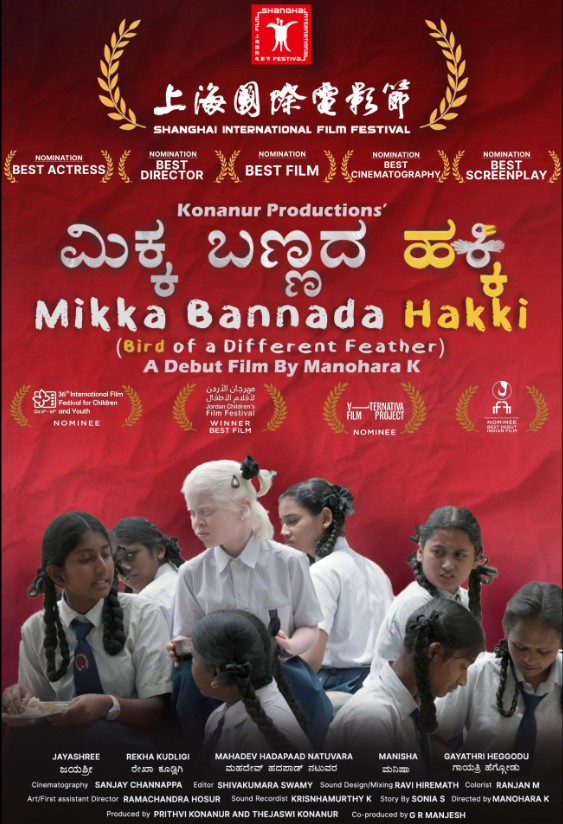




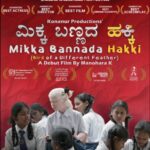
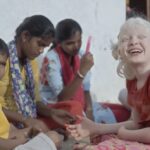
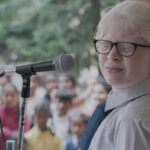

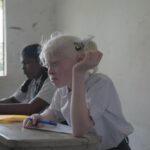
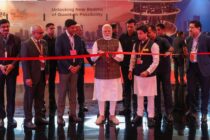


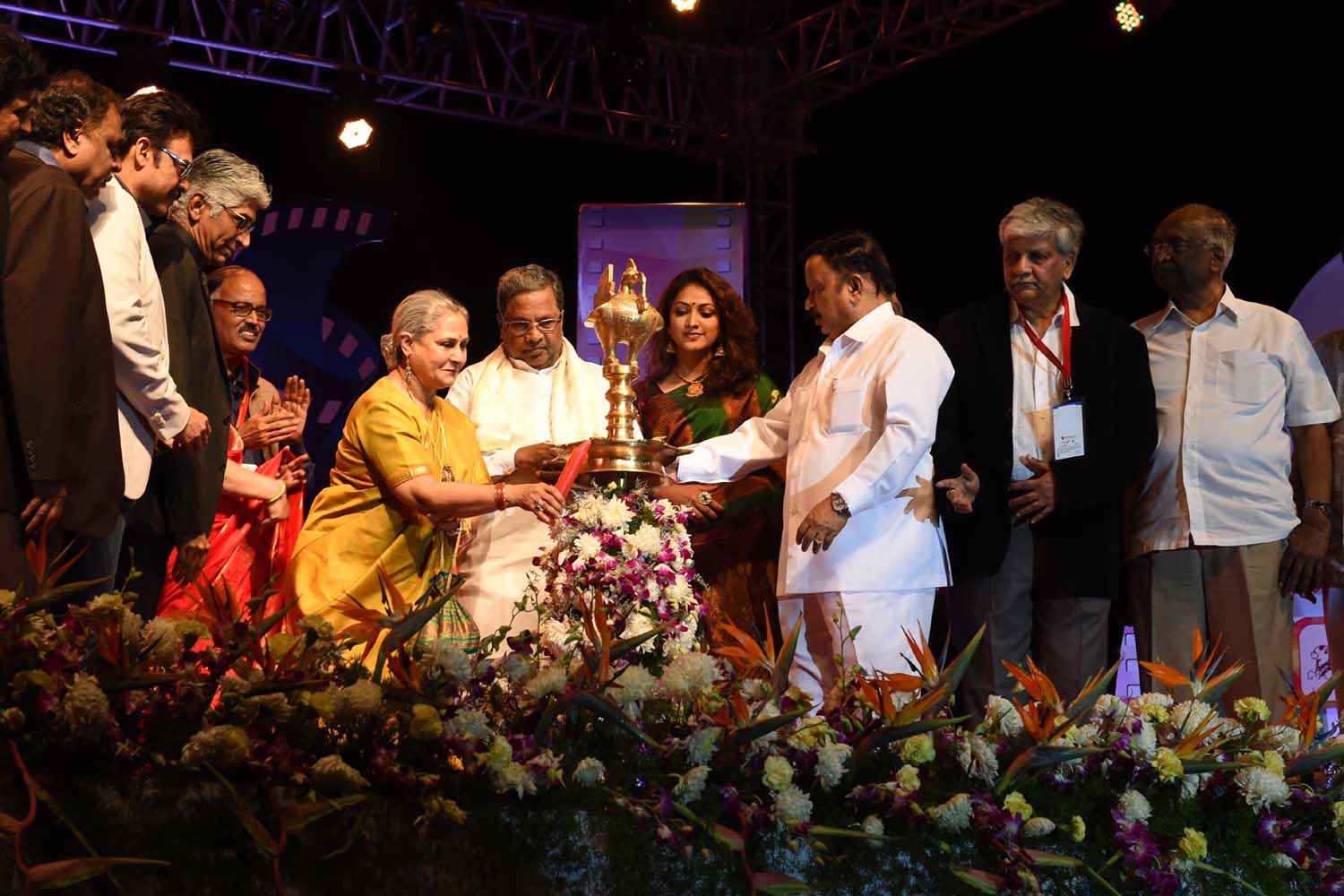
Leave a Reply